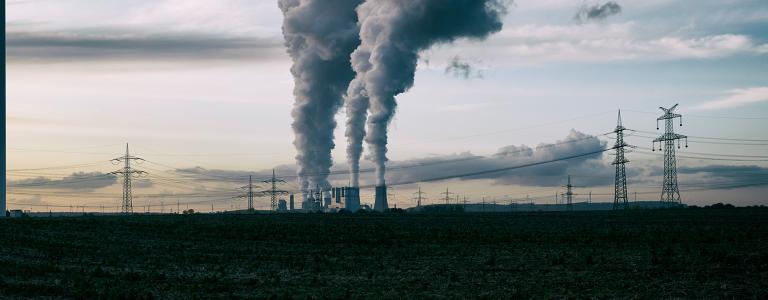Stocktake: Need for action on fossil fuel subsidy reform and shifting of other public financial flows
Shifting public financial flows—including subsidies, investments by state-owned enterprises, and lending from public financial institutions—from fossil fuels to clean energy is critical for achieving the Paris Agreement targets. Public financial flows should be the first to move because governments influence them directly, and they can sway much larger private financial flows. They also risk being the last to move if public institutions become the “lenders of last resort” to fossil interests, leaving governments exposed to asset stranding and less able to meet their social and economic obligations.
Under Article 2.1(c) of the Paris Agreement, parties to the United Nations Framework Convention on Climate Change agreed to make financial flows consistent with a pathway to low greenhouse gas emissions and climate-resilient development. At the 26th and 27th Conferences of the Parties in Glasgow and Sharm El Sheikh, parties further committed to phasing out inefficient fossil fuel subsidies while providing targeted support to the poorest and most vulnerable. However, stocktaking has shown limited success to date. In fact, fossil fuel subsidies doubled in 2022, reaching an all-time high of over USD 1 trillion.
This side event of the Bonn Climate Change Conference SB 58, organized by the Friends of Fossil Fuel Subsidy Reform in collaboration with the International Institute for Sustainable Development, calls for renewed momentum on reforming subsidies and shifting public financial flows despite turbulent energy prices. Specifically, representatives from governments, international organizations, research institutes, and civil society shed light on the ways in which publicly controlled money has been spent on energy and the extent to which this is in line with climate targets. The panellists further share concrete examples of how countries have approached this topic and propose specific actions for accelerating reform.
Speakers
Moderator: Philip Gass, Lead, Transitions, International Institute for Sustainable Development
Ben Abraham, Senior Advisor, Climate Finance (Policy), New Zealand Ministry of Foreign Affairs and Trade
Karoliina Anttonen, Senior Officer, Ministry of the Environment, Finland
Claire Potdevin, Fiscal Policy Expert, United Nations Environment Programme
Mauricio Böhl Gutierrez, Researcher, German Institute of Development and Sustainability
Susanne Olbrisch, Climate Policy Specialist, United Nations Development Programme
